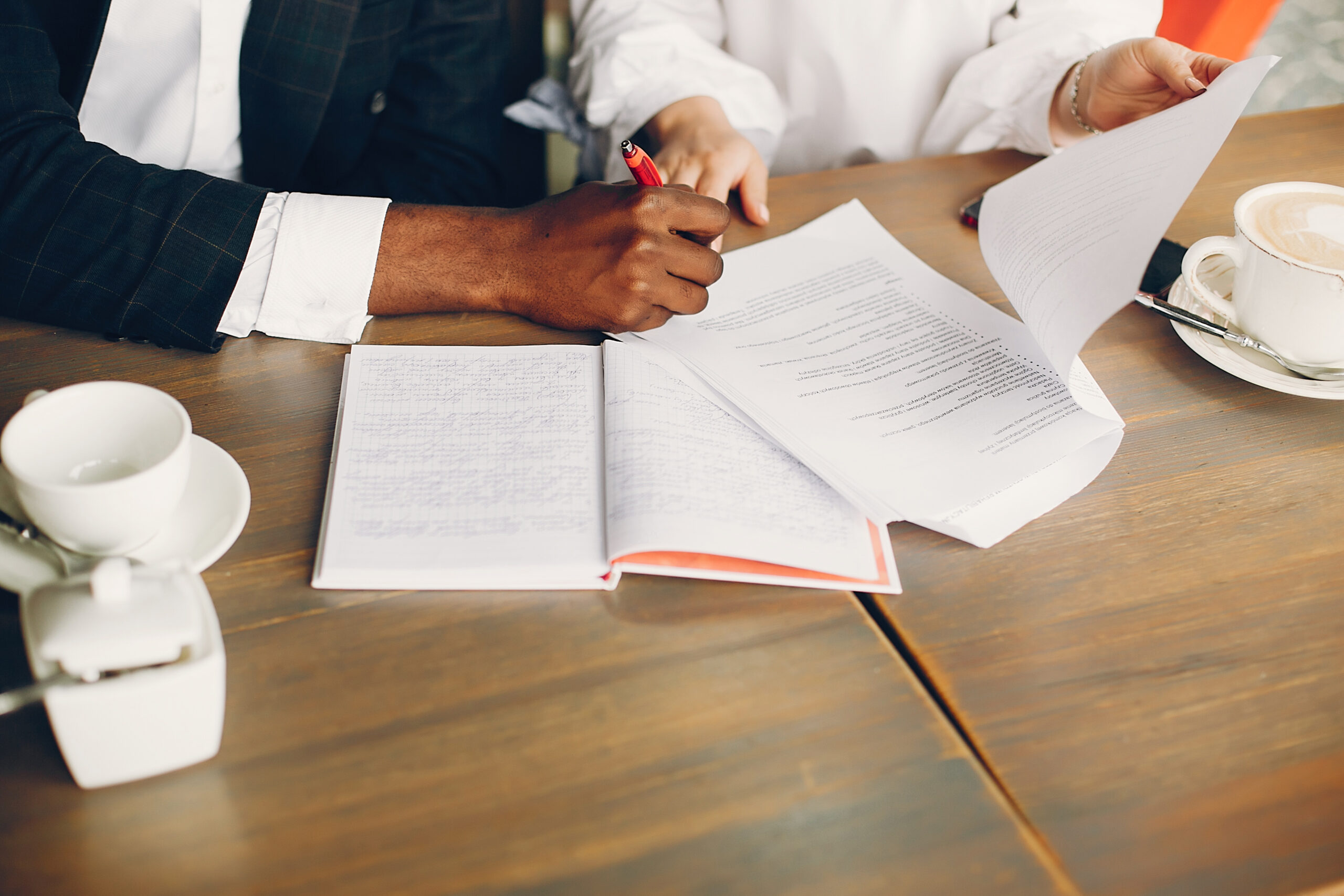
How to Handle Cases of Domestic Violence?
Domestic violence has become a prevalent problem across and India is no exception. Dealing with domestic violence cases in India is a multifaceted task which requires a mix of social, legal, and emotional assistance. Moreover, domestic violence isn’t only limited to physical abuse, it can happen in other forms, like sexual, emotional and financial violence. But do not lose hope or give up, our guide can help you handle your domestic violence case better adhering to legal standpoint. We got you covered with some important steps and tips to handle this stressful situation.
Elements Constituting Domestic Violence
As per the Domestic Violence Act, 2005, the following points constitute domestic violence:
- Threat to Health, Life, and Safety. It could be mental or physical. It may also involve abuse of sexual, verbal, economic and emotional types.
- Harassment in any form, including harm to the victim by coercion, or to other persons associated with illegal demands for property, precious security like jewelry or other valuables.
- Otherwise, causing harm or injury by physical or mental ways to the victim.
Important Steps To Handle Domestic Violence Cases
Recognizing Domestic Violence Signs
This can be the initial step to seek help and go further for legal actions. Some common indicators are physical injuries, mental stress, social isolation and other manipulative strategies from the abuser. However, victims must not lose hope and seek out help in the case of domestic violence.
Collecting Evidence and Documentation
Before going for legal proceedings, the victims must gather evidence and documents to prove domestic violence. This can include medical documents, injury marks or pictures, text messages, witness statements and other things that proves abuse. Collecting these records can strengthen your domestic violence case in the court.
Seeking Support Help
The victims are open to seek support services for immediate help and guidance for domestic violence. Organizations like the National Commission for Women (NCW) and the National Legal Services Authority (NALSA) and other non-governmental organizations (NGOs) provide counseling, legal aid, shelter homes and all possible assistance to the victims.
Exploring Legal Options
The domestic violence victim may decide to go with the legal recourse available through PWDVA 2005 law. This grants protective orders, residential order and financial relief. Consulting family Advocates in Bangalore offer valuable advice on your remedies and relief, along with representing your domestic violence case in the court.
Filing a Domestic Violence Complaint
After consulting a legal counsel, the victim may file an official complaint about domestic violence with the relevant authorities. This is basically a written complaint describing the incidents of abuse with supporting evidence to the concerned court.
Intense Relief Measures
After filing a domestic violence complaint, victims can take interim steps for their security. These are:
- Protection Orders: Restraining the abuser from committing more acts of harassment or violence.
- Monetary Relief: Helping with financial needs to cover medical costs or temporary accommodation and other immediate needs.
- Residence Orders: Giving the victim possession of the residence that both parties share and removing the abuser from property.
- Custody Orders: Orders to manage the custody of children with a focus on the security and best interest of the child.
Court Proceedings and Judgement
During the trial course, each party gets a chance to present evidence arguments in the court. The parties are required to follow court orders to ensure speedy and fair conclusion of the case. Based on the facts and other aspects of the case, the court grants different relief options to the victim like long-term protection orders, compensation for damages and others.
Self-Care and Healing
The healing process from domestic violence demands patience, time and self-care. Participating in programs that help promote emotional and physical well-being like practicing meditation or other therapies, can help in healing.
Wrapping Up!
We tried our best to cover every relatable aspect about handling the complexities of your domestic violence case in this blog piece. The process requires you to understand the process and have a thorough knowledge of your rights and support services. The victims must take care of their security and health and speak to the family court lawyers in Bangalore to understand the recourse options better.
Popular Searches
Victim Protection Strategy | How to Handle Domestic Violence Case | Lawyer for Family Violence | Domestic Violence Reporting | How to Report Domestic Violence | Domestic Violence Act | How to File Domestic Violence Case





